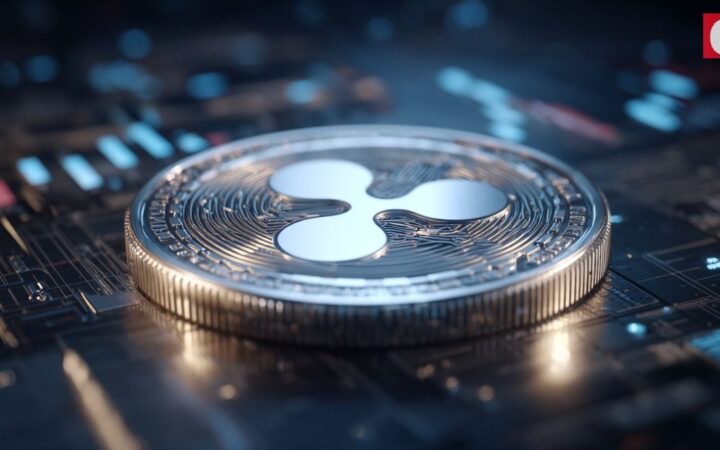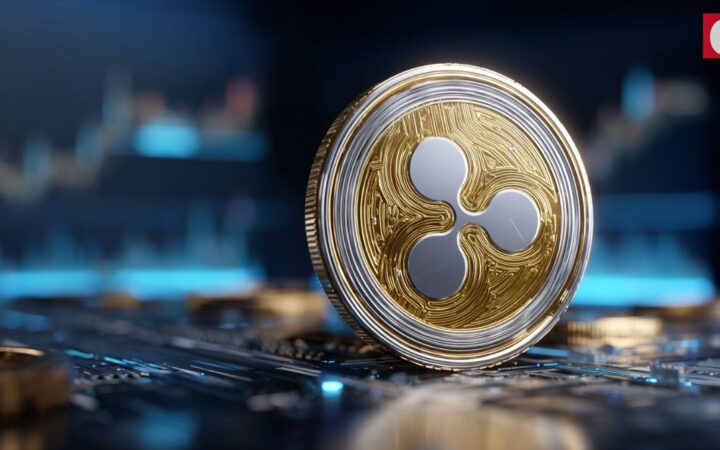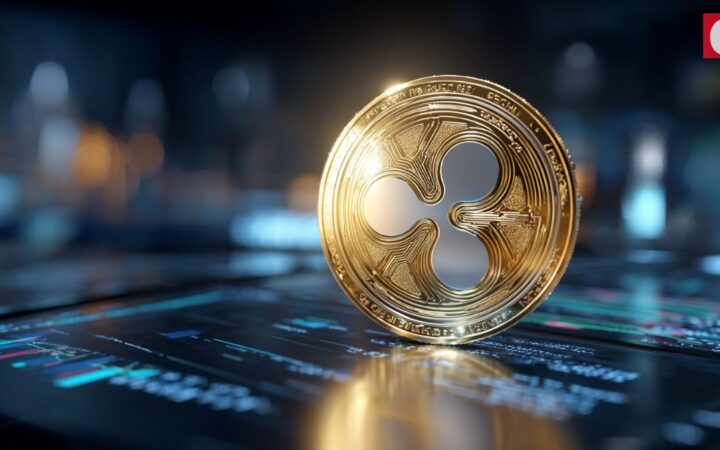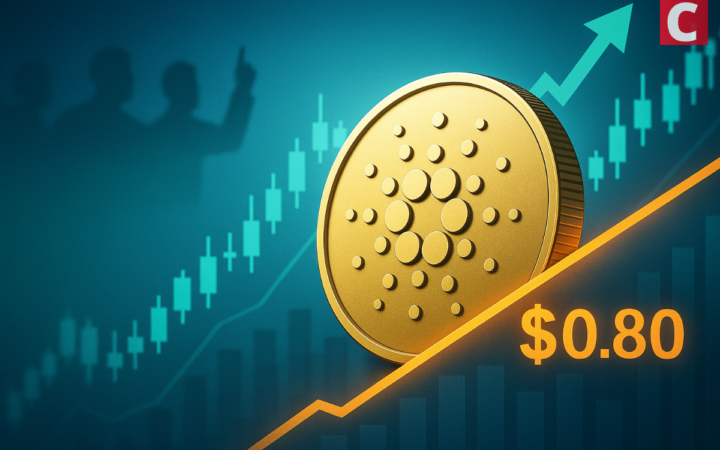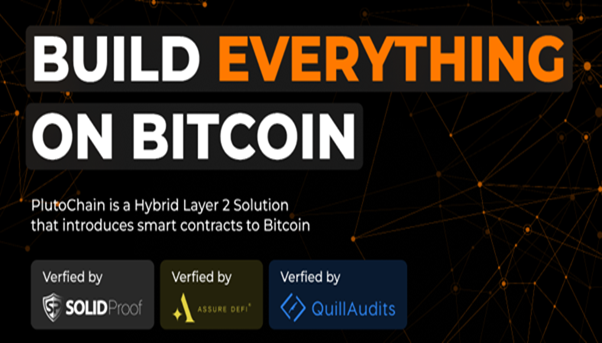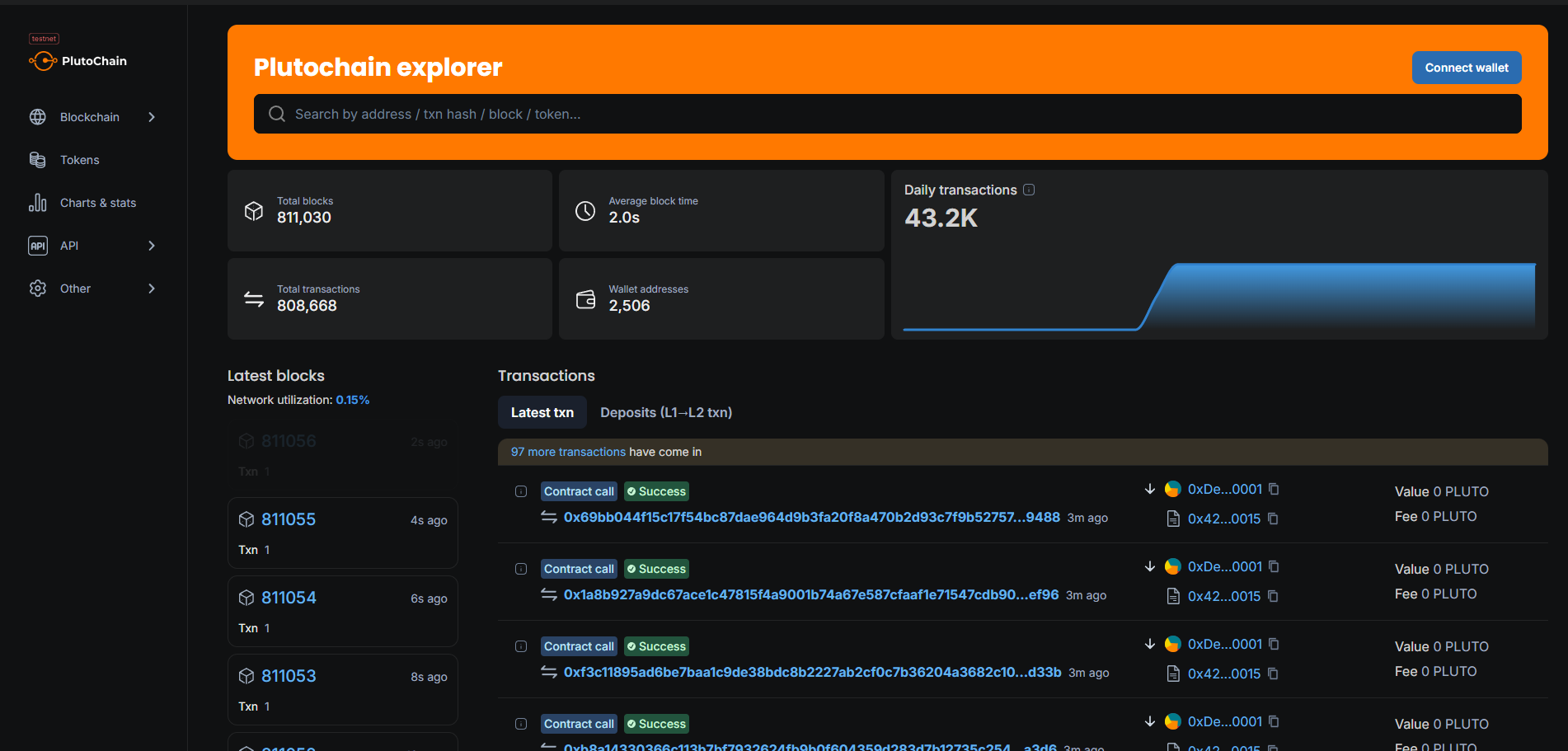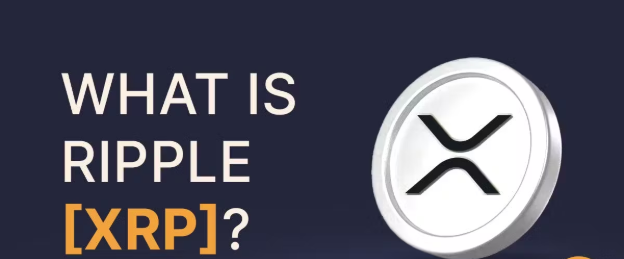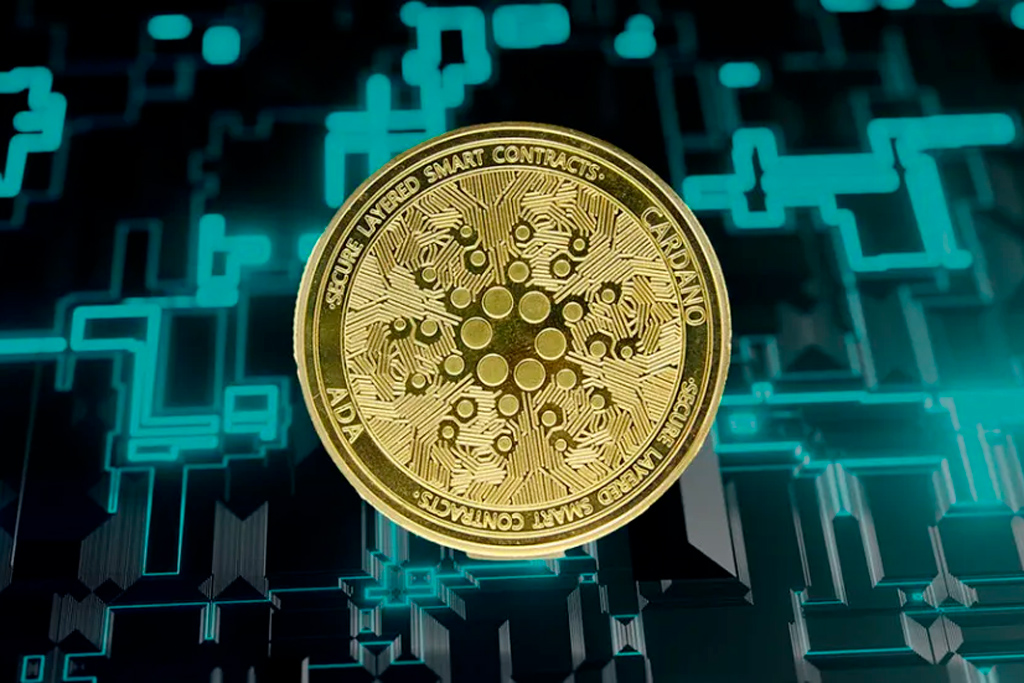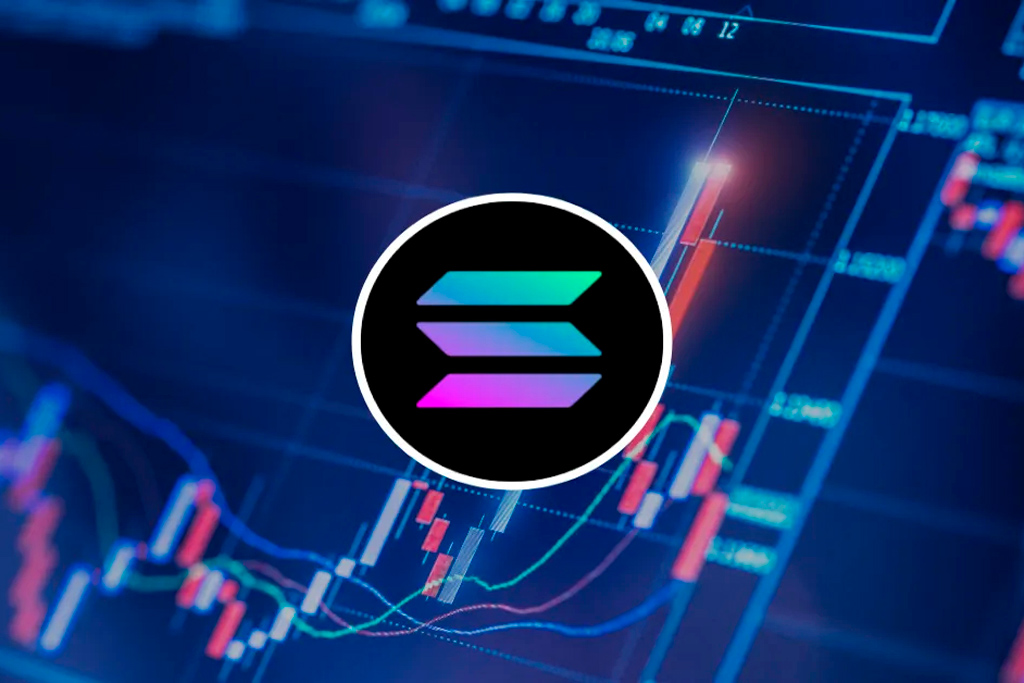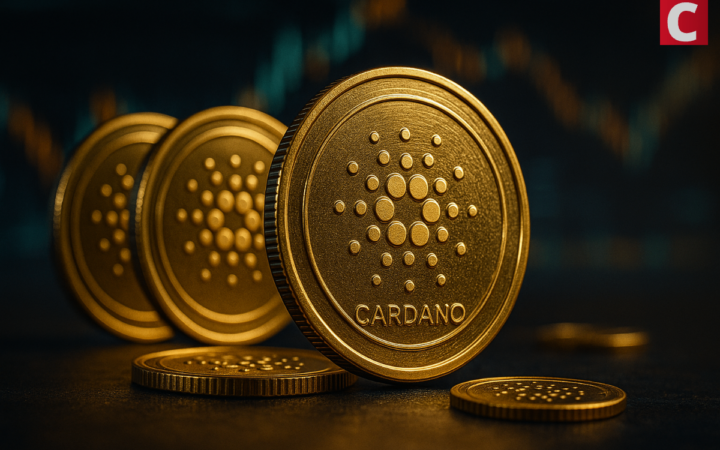
What Whales Are Not Telling Us About Ripple (XRP), Solana (SOL), Cardano (ADA) and PlutoChain (PLUTO)?
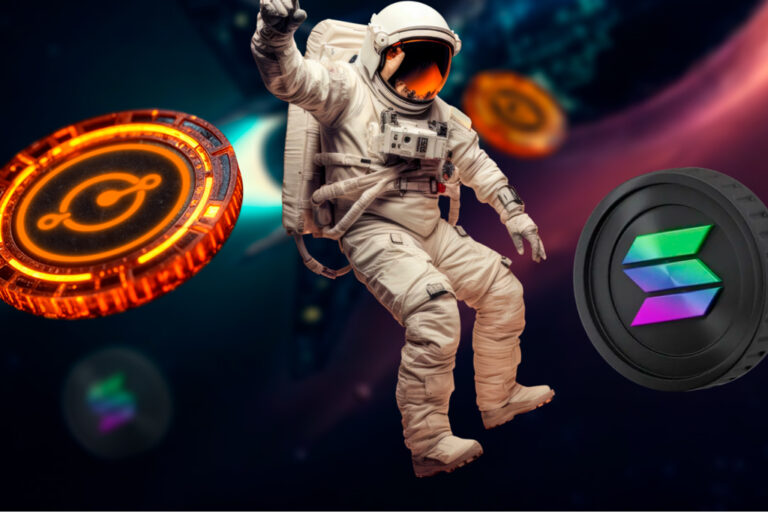
/PlutoChain/ – The market often shifts under the influence of “whale” activity – large holders whose moves can shape trends.
At the moment, whales are paying close attention to Ripple (XRP), Solana (SOL), Cardano (ADA), and the emerging PlutoChain ($PLUTO). But what are they seeing that they’re not sharing?
Each of these projects offers a fresh take on something, but PlutoChain might emerge as a stand-out because it could significantly expand Bitcoin’s current capabilities and potentially propel it far over the simple store of value.
This article dives into the underlying signals, potential strategies, and hidden insights driving whale interest in these projects.
Let’s break it down below!
PlutoChain ($PLUTO) The First-Ever Hybrid Layer-2 Solution That Could Add Smart Contracts To Bitcoin’s Network
Blockchain technology continues to face challenges in speed and scalability, and Bitcoin, despite its security, struggles with efficiency.
PlutoChain ($PLUTO) could emerge as a hybrid Layer-2 solution that might revolutionize Bitcoin’s functionality by potentially addressing these limitations.
PlutoChain’s standout feature is its ability to enable block times of just 2 seconds – compared to Bitcoin’s 10 minutes – without potentially compromising decentralization or security.
Built as a Layer-2 platform working alongside Bitcoin, it could process transactions off-chain, possibly reducing fees and congestion while maintaining the network’s core principles.
A game-changer could be PlutoChain’s Ethereum Virtual Machine (EVM) compatibility – this may allow developers to seamlessly port Ethereum-based applications – such as DeFi platforms, NFT marketplaces, and AI tools – into the Bitcoin ecosystem.
Early testing shows PlutoChain can handle over 43,200 transactions daily, significantly enhancing scalability.
PlutoChain also prioritizes community-driven development, enabling users to propose and vote on platform updates through its Discord channel, ensuring collective participation in its evolution.
To ensure security, PlutoChain collaborates with reputable firms like SolidProof, QuillAudits, and Assure DeFi for comprehensive audits and adheres to global blockchain standards.
With its groundbreaking technology and community-first approach, PlutoChain could position itself as a big player in expanding Bitcoin’s usability, potentially making it a project that could generate significant buzz in the following weeks.
Ripple ($XRP) Transforming Cross-Border Payments with Institutional Adoption
Ripple’s XRP is revolutionizing cross-border payments by offering a swift, cost-effective alternative to traditional banking methods.
Its integration into Japan’s $6.37 trillion banking sector is set to streamline international transactions, significantly reducing processing times and fees.
Over 1,700 financial institutions, including major players like Bank of America, have adopted Ripple’s technology, enhancing the efficiency of their cross-border transactions.
The XRP Ledger (XRPL) supports high-speed, low-cost transactions, enabling institutions to explore broader applications of blockchain technology beyond payments.
Ripple’s partnerships with banks aim to improve cross-border payments, making them faster and more efficient, which is appealing to financial institutions.
This growing institutional adoption underscores XRP’s pivotal role in transforming global financial transactions.
Cardano ($ADA) Advancing Blockchain with Sustainability and Scalability
Cardano ($ADA) is a decentralized blockchain platform that emphasizes sustainability and scalability.
Utilizing a proof-of-stake consensus mechanism, significantly reduces energy consumption compared to traditional proof-of-work systems, aligning with global sustainability goals.
The platform’s design focuses on scalability, ensuring it can handle increasing transaction volumes as user demand grows. Innovations like Hydra and Mithril are implemented to enhance data compression and network capacity, enabling efficient management of large-scale applications.
Cardano’s commitment to peer-reviewed research and formal verification methods ensures a secure and resilient infrastructure, making it a robust choice for developers and enterprises seeking a sustainable and scalable blockchain solution.
Solana ($SOL) Powering Web3 with High-Speed and Low-Cost Transactions
Solana ($SOL) is a high-performance blockchain platform designed to power Web3 applications with exceptional speed and minimal costs.
By utilizing a unique combination of Proof-of-History (PoH) and Proof-of-Stake (PoS) consensus mechanisms, Solana achieves remarkable scalability, processing up to 65,000 transactions per second (TPS).
This high throughput enables decentralized applications (dApps) to operate efficiently, providing users with seamless experiences even during peak demand.
Transaction fees on Solana are notably low, averaging around $0.00025 per transaction, making it economically feasible for frequent trading and microtransactions.
Solana’s architecture supports a wide range of Web3 applications, including decentralized finance (DeFi) platforms, non-fungible token (NFT) marketplaces, and other decentralized services that require rapid and cost-effective transaction processing.
Final Words
Ripple (XRP), Solana (SOL), and Cardano (ADA) are all pushing the boundaries of blockchain technology in their own right, each carving a niche.
However, PlutoChain ($PLUTO) could emerge as a game-changer by integrating Layer-2 solutions into Bitcoin’s network, promising faster transactions and greater scalability.
With its focus on EVM compatibility and community-driven development, PlutoChain could redefine Bitcoin’s utility and make it a powerful tool.
This article is not financial advice. Past results are not indicative of future returns, and the crypto market is inherently unpredictable. Readers must conduct their own thorough research before purchasing any crypto coin or token. These forward-looking statements are subject to risks and may remain unchanged.
Disclaimer: This publication is sponsored. Coinspeaker does not endorse or assume responsibility for the content, accuracy, quality, advertising, products, or other materials on this web page. Readers are advised to conduct their own research before engaging with any company mentioned. Please note that the featured information is not intended as, and shall not be understood or construed as legal, tax, investment, financial, or other advice. Nothing contained on this web page constitutes a solicitation, recommendation, endorsement, or offer by Coinspeaker or any third party service provider to buy or sell any cryptoassets or other financial instruments. Crypto assets are a high-risk investment. You should consider whether you understand the possibility of losing money due to leverage. None of the material should be considered as investment advice. Coinspeaker shall not be held liable, directly or indirectly, for any damages or losses arising from the use or reliance on any content, goods, or services featured on this web page.

